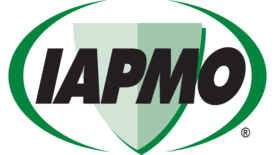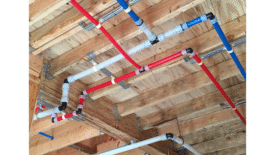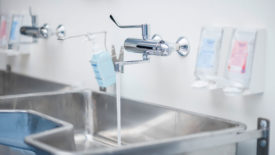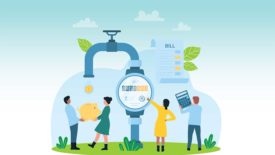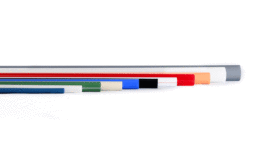Home » Keywords: » plumbing systems
Items Tagged with 'plumbing systems'
ARTICLES
Professional Plumbing Engineer Viewpoints | James Dipping
Getting serious on how hospitals are built
Calling all architects and code officials.
March 7, 2024
Strategic Plumbing Insights | Christoph Lohr
The year ahead: Right-sizing of plumbing systems
IAPMO’s Water Demand Calculator provides an industry tool for correctly sizing pipes.
February 5, 2024
Application considerations for CPVC plumbing systems
Inside plastic plumbing
October 23, 2023
Plumbing Essentials — Design Approaches, Codes and Everything in Between | Lowell Manalo
Plumbing systems for lab? What is so special about it?
To wait, or not to wait — that is the question
September 6, 2023
Legionella — we don’t all need to be experts, but awareness is key
There is no ‘one’ way to protect a building from Legionella 100%.
May 15, 2023
Get our new eMagazine delivered to your inbox every month.
Stay in the know on the latest plumbing, piping, hydronic and fire protection trends.
SUBSCRIBE TODAYCopyright ©2024. All Rights Reserved BNP Media.
Design, CMS, Hosting & Web Development :: ePublishing
